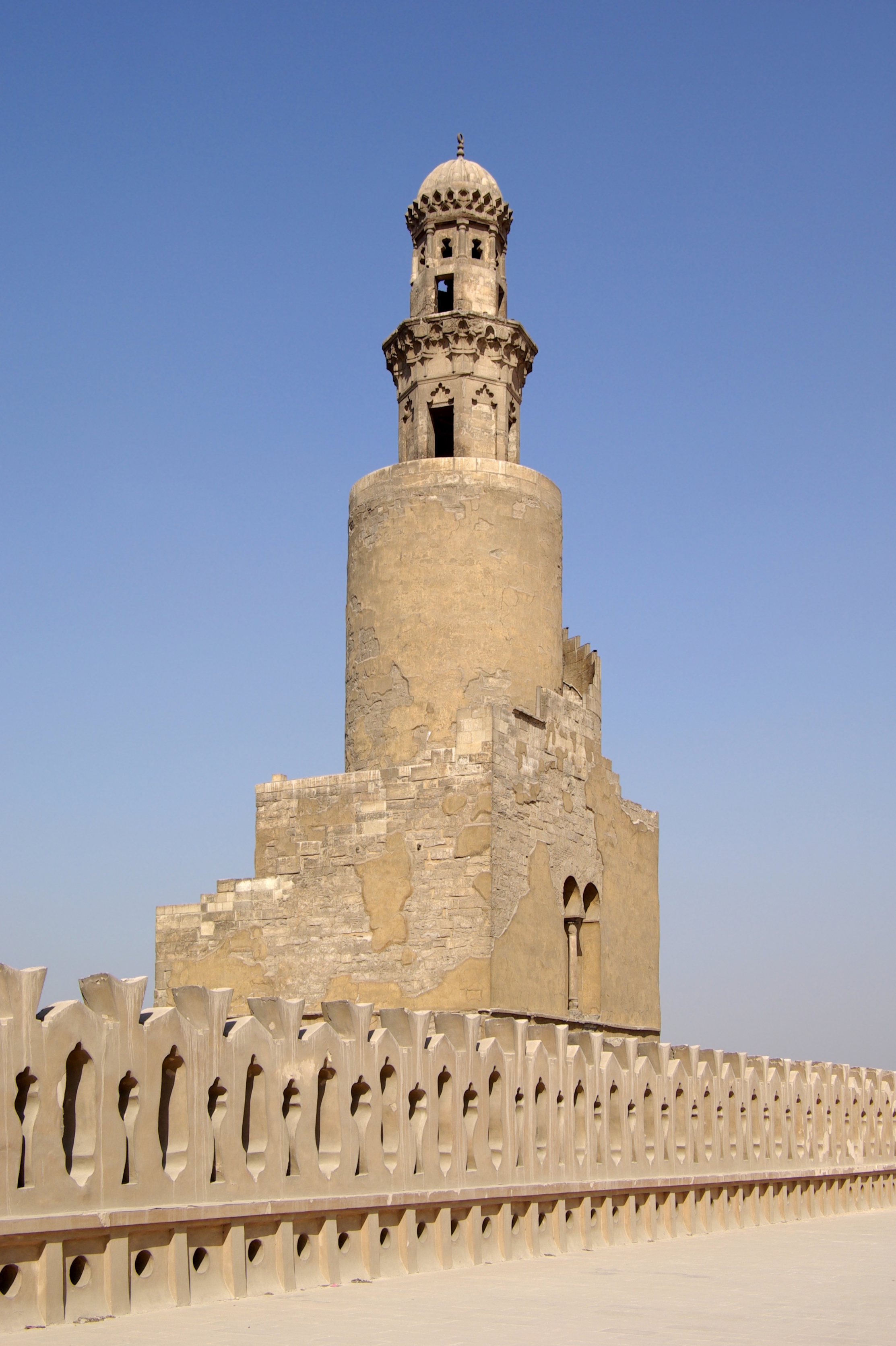|
Abū ‘Amr ‘Uthman Ibn Al-Nābulusī
Alā al-Dīn Abū Amr Uthman ibn Ibrahīm ibn Khālid al-Qurashī Ibn al-Nābulusī (born Cairo 19 Dhū al-Ḥijja 588 AH/26 December 1192 CE, died 25 Jumādā I 660/17 April 1262) was an administrator in Ayyubid Egypt. He is most noted today for producing the most detailed surviving fiscal record of any part of the rural medieval Arab world. Life In early life, al-Nābulusī trained as a religious scholar. But he became a civil servant under the Ayyubid sultan al-Kāmil, and by the late 1220s was one of the Sultan's right-hand men, serving as his chief financial advisor. However, in 1237, he fell from grace. He was imprisoned for a month and his family home expropriated and sold, after which he appears to have retired into producing works of literature: it is thought that his writings date from after 1238. In 1245, however, al-Kāmil's successor, al-Malik al-Ṣāliḥ, commanded al-Nābulusī to audit the agricultural production of the Fayyum region of Egypt, whose productivity ... [...More Info...] [...Related Items...] OR: [Wikipedia] [Google] [Baidu] |
Ayyubid Egypt
Following the Islamic conquest in 641-642, Lower Egypt was ruled at first by governors acting in the name of the Rashidun Caliphs and then the Umayyad Caliphs in Damascus, but in 750 the Umayyads were overthrown. Throughout Islamic rule, Askar was named the capital and housed the ruling administration. The conquest led to two separate provinces all under one ruler: Upper and Lower Egypt. These two very distinct regions were governed by the military and followed the demands handed down by the governor of Egypt and imposed by the heads of their communities. Egypt was ruled by many dynasties from the start of Islamic control in 639 until the early 16th century. The Umayyad period lasted from 658 to 750. The Abbasid period which came after was much more focused on taxes and centralizing power. In 868, the Tulunids, ruled by Ahmad ibn Tulun, expanded Egypt's territory into the Levant. He would rule until his death in 884. After years of turmoil under Ahmad ibn Tulun's successor, ma ... [...More Info...] [...Related Items...] OR: [Wikipedia] [Google] [Baidu] |
